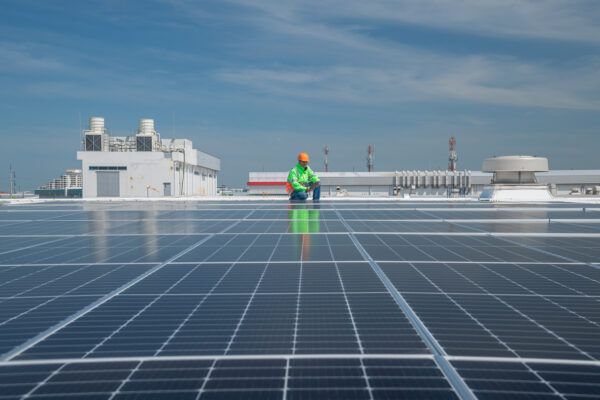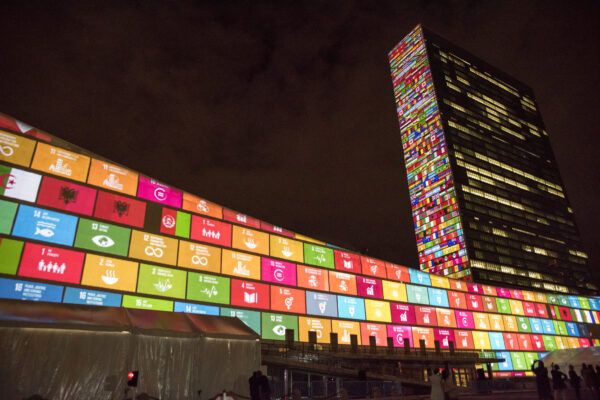Philanthropic foundations channelled $330 million towards outdoor air quality projects between 2015-22, according to our new report, Philanthropic Foundation Funding for Clean Air: Advancing Climate Action, Health and Social Justice. This funding amounts to less than 0.1% of total philanthropic funding globally, despite air pollution causing an estimated 8.3 million premature deaths each year.
Ahead of the World Economic Forum’s Annual Meeting 2024 in Davos, we urge philanthropic funders to forge partnerships with businesses and governments to accelerate action on climate, energy, environment, public health and social equity.
Growing momentum
Scientists and policy makers are recognising the interconnected nature of societal issues, with regards to air pollution, climate, health and social justice. Global institutions, such as the World Bank, World Health Organization and the United Nations are recognising the need to improve air quality. 120 governments signed the COP28 declaration on climate and health, which specifically mentioned air pollution. COP28 also launched a new statement of financing principles for climate and health to ‘bolster financing’ for intersectional issues like air pollution.
Philanthropic foundations are beginning to see the cross-cutting benefits that clean air initiatives can deliver for multiple sustainable development outcomes. The new report, drawing on data from the ClimateWorks Foundation and other sources, shows that most financing came from foundations focussed on climate, energy and environment (CEE), public health and social justice.
Overall growth in funding was driven by newcomers to clean air, including the Bezos Earth Fund and the Earthshot Prize and increased funding via re-granters, including the Clean Air Fund. Total funding from re-granters amounted to over $30 million between 2021-22.
Africa is home to half of the world’s top ten countries with the highest levels of air pollution. But foundation funding in Africa and Latin America remained extremely low, making up only 1% ($1.9 million) and 2% ($5.7 million) of total outdoor air quality funding between 2015-22 respectively.
Other gaps include low investment in air quality data collection, despite robust data underpinning all action on clean air. Only half of the world’s governments publicly share air quality data.
Recommendations for foundations
The technology and approaches required to address the air pollution crisis already exist. Philanthropic funders need to unlock the benefits of climate, health and social justice simultaneously by increasing their support for clean air programmes. Recommendations include incorporating clean air funding into existing grantmaking and channelling finance through pooled funds, re-granters and partnerships.
Funding for air quality from foundations has increased but remains a miniscule proportion of total philanthropic funding. Air pollution is one of the most pressing challenges of our time, with 99% of the world still breathing toxic air. I urge funders to recognise that air quality isn’t a niche issue and work together to tackle the problem. By doing so, we can act on climate change, improve our health, strengthen economic outputs, and address social inequality all at the same time.”
Jane Burston, CEO of Clean Air Fund
The report also provides suggestions for targeting areas where funding is needed the most, such as tropical megacities in Africa, Latin America and Asia, some of which are predicted to house more than 50 million people by 2050.
Ahead of the World Economic Forum Annual Meeting 2024 in Davos between 15-19 January, foundations have the opportunity to prioritise air pollution and forge partnerships with businesses and governments to maximise the impacts of funding to address multiple issues at the same time.


